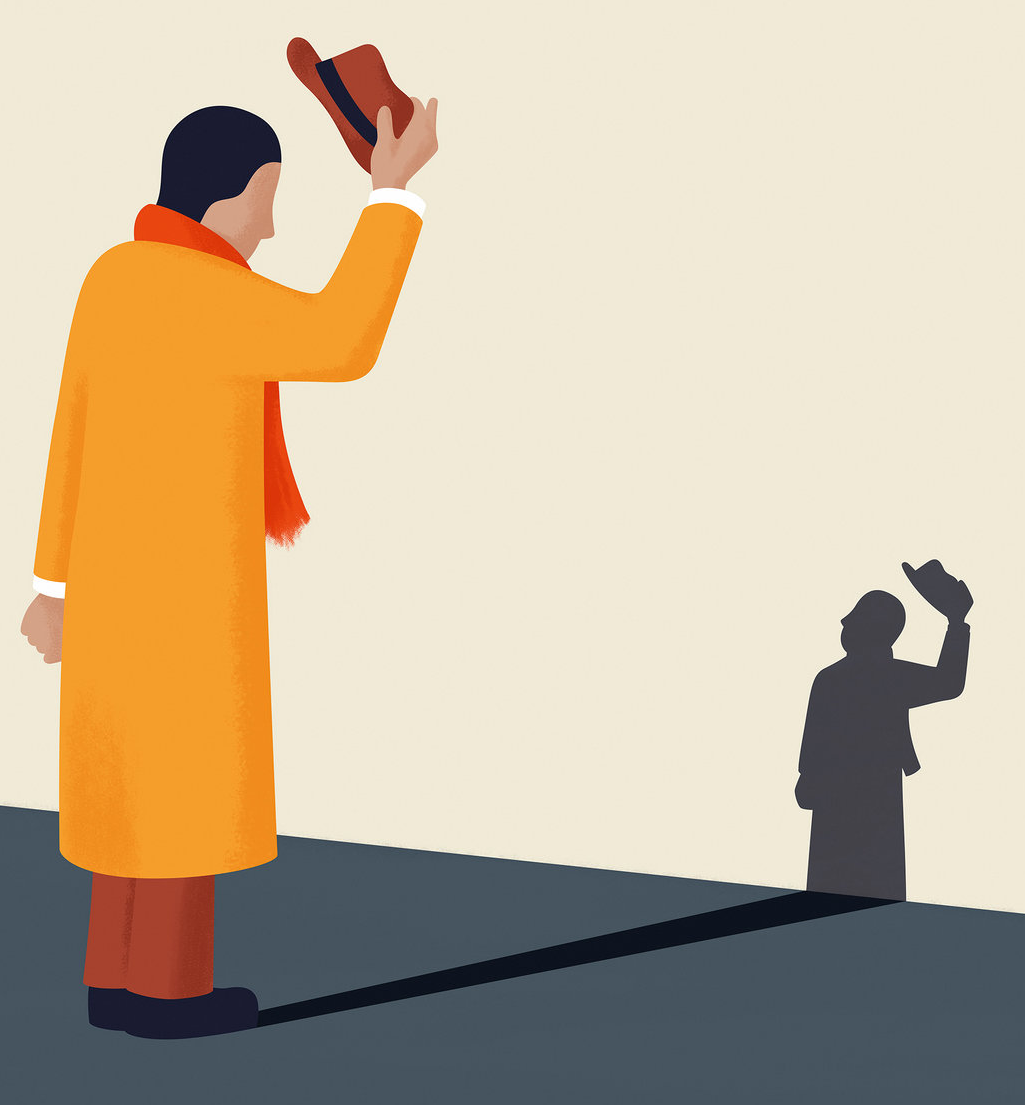
Every epoch is influenced by advances in technology that impact and accentuate different aspects of our character. The year 2009 is generally regarded as the time when a huge influx of bloggers, YouTubers and Twitter fanatics kickstarted the social media phenomenon. In 2010, there were 50 million tweets per day; now there are over 500 million. Almost everyone with a cell phone is potentially an influencer of behaviour. This intrusive form of communication highlights a pronounced erosion from an earlier culture of intellectual humility to one where being seen as the center of the universe is prominent – one that celebrates over-confidence, entitlement and a perpetual focus, if not an obsession, with “me.”
In 1950, Gallup asked high school seniors if they considered themselves to be “very important” – 12% said yes. In 2005, 80% deemed themselves as such. Psychologists measure narcissism by how people respond to statements such as “I like to be the center of attention” or “I show off if I get the chance because I’m extraordinary.” The current median narcissism score is 93% higher than it was twenty years ago. In a 1976 survey that asked people to list their life goals, fame ranked fifteenth out of sixteen. By 2007, more than half said being famous was one of their top-five aspirations. In our celebrity worshiping culture, that number is considerably higher.
Of the twenty-three individuals who served in Dwight Eisenhower’s cabinets, only one published a memoir afterward. Mention of one’s accomplishments was rare and self-effacing. Twelve of Reagan’s thirty cabinet members published a biography, almost all of them were laudatory and self-promoting. Today it’s the norm for retiring politicians, sports figures and “leaders” of all stripes. Donald J. Trump, abetted by bad journalism, is a splendid example of this thesis and likely the poster child for the loss of humility we increasingly see in our leaders.
Most of us (though not all) can laugh at ourselves and with others. That’s one sign of humility. While Trump may be laughable, he’s never once said anything wry, witty or even faintly amusing. To lack humour is almost inhuman. With Trump, it’s his reality. His idea of a joke is a crass comment, an illiterate insult, a casual act of cruelty. He doesn’t seem to know what a joke is – unless he says something ludicrous he believes is true. Then he calls it a joke.
We tend to naively believe leaders should inspire us with examples of high purpose. Yet 70% of Republicans listen to what Trump says with close-minded devotion, often contrary to the very principles they once espoused. Arrogance and ignorance make the worst kind of leader. He epitomizes both and particularly likes to kick the vulnerable and voiceless when they’re down – a toxic combination we frequently witness in public figures on both sides of the border. The absence of humility encourages a lack of civility in the body politic.
The poet Tennyson once called humility “the highest virtue, the mother of them all.” Those without it lack the humanness and qualities we hope for in our leaders. Yet most of them have no class, no coolness, no credibility, no compassion, no warmth, no wisdom, no subtlety, no sensitivity, no self-awareness and no grace. Humility is freedom from the need to prove we are superior to others. It’s an awareness there’s a lot we don’t know and much of what we think we do is often distorted to suit our agendas or occasionally flat-out wrong. This too is simply a part of the human condition.
Humility is entirely self-serving. It enables us to accept our deficiencies and encourages us to learn new things, helps us become more relatable, makes us curious and creates endless possibilities. Humble people are better able to cope with their anxieties, less self-absorbed about their failures and more tolerant of the mistakes of others. They are less defensive, less conceited and more generous of their support of those in need. They willingly celebrate the successes of others without feeling jealous or resentful. They have a deeper understanding of the grand scheme of things and how life should be lived.
The road to wisdom is paved with humility. Wisdom isn’t the sum of acquired information; it’s the quality of figuring out how to handle our ignorance. The people whom we say are wise have, to a degree, overcome the hubris infused in our nature. In its most complete meaning, humility is accurate self-assessment and situational awareness. The truly humble value self-confrontation – they make the inner struggle against their limitations a central theme of their lives. They are engaged in a relentless effort to magnify what’s best in themselves and defeat what’s worst.
Humility is not inborn. We build it through effort, artistry and the help of others. Our will is not strong enough to consistently defeat our selfishness, greed or self-deception. We need the redemptive assistance of family, friends and good role models. We need people who are ready, willing and able to tell us when we’re wrong, to advise us on how we can do better and to encourage, support and inspire us along the way. The journey before us will always involve incidents of crisis, doubt and confusion. In those crucible moments, we become stronger when we’re able to see our flaws with clarity and truthfulness. That’s when our illusions of knowledge or self-mastery and our delusions of importance or grandeur are shattered. And that’s when we become more self-aware.
